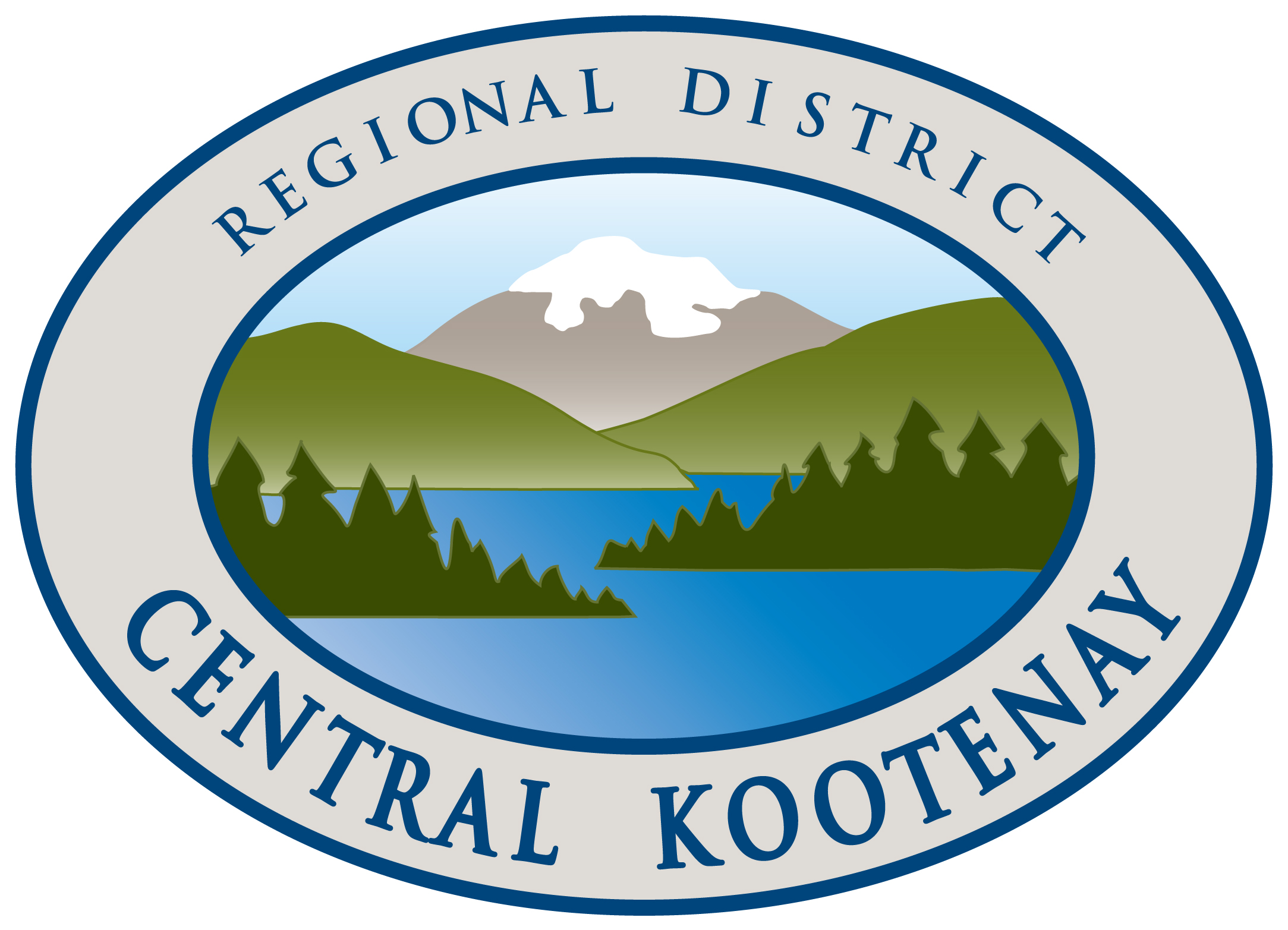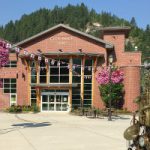Program expanded for proper emergency preparedness for RDCK neighbourhoods
The movement of emergency preparedness is spreading throughout the regional district.
An approval has been given to advance the Neighbourhood Emergency Preparedness Program (NEPP), a pilot program run one year ago in the regional district.
With the potential of for severe flooding, wildfire, extreme weather conditions, avalanches, landslides and power outages continually surfacing, the Regional District of Central Kootenay will be giving people the tools to handle these disasters in their communities.
Through the NEPP — which supports residents in preparing for emergencies and building resiliency within their neighbourhood — neighbours will be the most reliable and immediate source of help, until assistance from first responders arrives, said Jon Jackson, RDCK Emergency Program coordinator.
“With a little planning, preparation and support from our neighbours, residents can be self-sufficient for 72 hours or longer after an incident,” he said. “This allows first responders to focus on providing critical support, and prioritising those people in life-threatening situations.”
Jackson said NEPP provides the tools needed to expand from being personally prepared to developing an emergency plan with neighbours that leverages the support for one another.
“The idea is to empower residents to work together to identify risks in their neighbourhood and collectively develop plans for how to prepare, often by utilizing skills and resources that already exist,” he added.
During the past year, the regional district has run a pilot of the program, which has been well received — with over a dozen neighbourhood emergency teams formed and preparedness plans developed. In order to grow the program, Jackson said in his report to the RDCK board of directors on Aug. 17, over the next 24-month period, staff plans to develop more tools for teams to increase awareness of the program and to provide guidance on developing and implementing emergency plans.
“The ultimate goal of the program is to establish a community of practice where neighbourhood teams across the region work together in a self-sustaining fashion to plan and prepare for emergencies,” he said in his report.
- For more information on the program go to www.rdck.ca/NEPP or read the RDCK NEPP Handbook.
In development
The program developed by regional district staff is based on research of academic studies, post incident reviews and information published by other local authorities, including the programs developed by Nanaimo, Qualicum Beach and Parksville, as well as Columbia Shuswap Regional District, Jackson wrote in his report.
RDCK staff has developed a handbook for residents who wish to form Neighbourhood Emergency Teams (NETs) to start developing their own community or neighbourhood emergency plans.
“This process includes a review of their local hazards, assets, residents experiencing vulnerability and specific actions that they can implement to be more prepared. The completed plans are owned by their respective NET,” Jackson wrote.
A number of neighbourhoods and communities within the RDCK have already commenced development of their Neighbourhood Emergency Preparedness Plans. While supporting guides and templates are available on the RDCK website to allow NETs to be self-sufficient, RDCK staff has observed that some communities require additional support and staff time.
“We know that our communities have a long way to go to be prepared for even the current frequency and magnitude of emergencies, not considering the impacts due to climate change which are threatening to accelerate how often we and our residents face larger and larger hazards,” said Jackson.
Source: RDCK agenda, Aug. 17
Pilot program
One year ago a pilot program of NEPP was run by the RDCK. During the pilot 10 neighbourhoods or community groups developed Neighbourhood Emergency Plans and are still doing so, Jackson noted.
“The process so far has been quite straight forward,” said Nancy Corrin, Queens Bay Neighbourhood Emergency Team. “The tools are clear and can be adapted to whatever the community wants to include, based on the specific hazards for their area. NEPP extends the concept of community preparedness and neighbour helping neighbour ideas. There is value to be had in collective community strategy and cooperative action when it comes to facing a community crisis.”
The need to plan ahead for emergencies is real, considering a 2014 Statistics Canada survey determined that less than half of Canadians had a home emergency supply kit. People were less likely to set aside items such as water, food, medicine, flashlights or cash at their homes in case of an emergency.
People lead very busy lives, with lots of priorities, so it’s not always clear to people why this is important, Jackson explained.
“All around the world, disasters are happening more often — and the impacts are becoming more severe. We’ve all seen the terrible impacts of the recent floods and wildfires in BC, and how the changing climate is contributing to an increase in flooding and wildfire risk in our region. It behooves us to prepare now, in order to build our resilience to emergencies.”
Source: March 16 RDCK meeting


























Comments